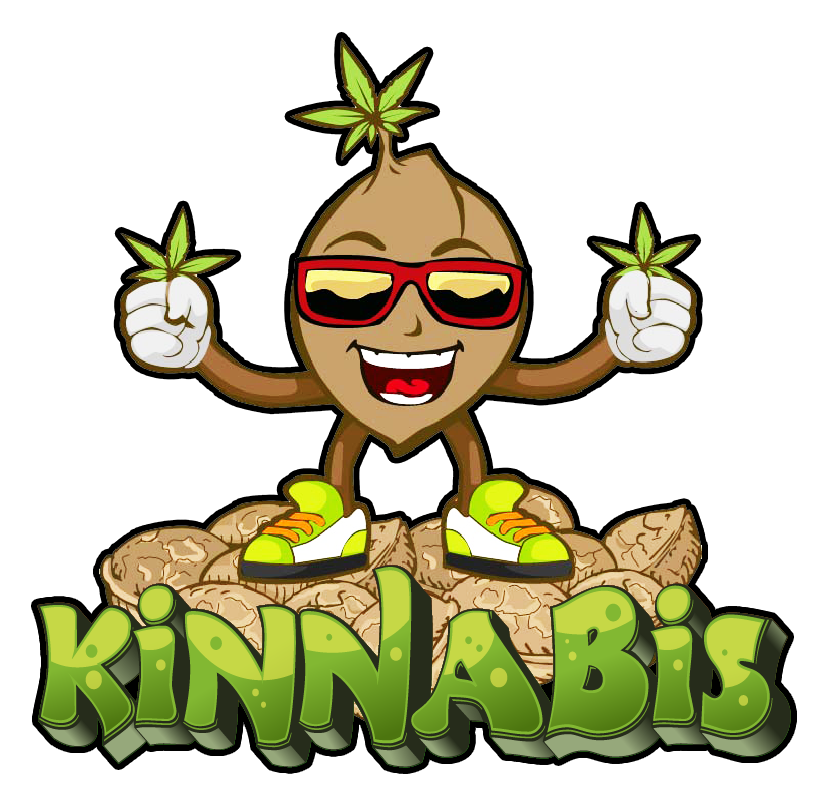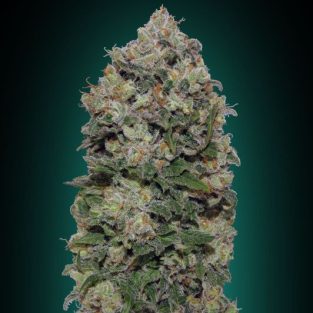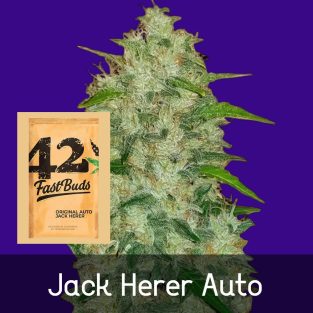- Empty cart.
- Continue Shopping
🌿 The 2018 Farm Bill
The Law That Helped Us Grow
In 2018, a major shift happened in American agriculture and cannabis history. The 2018 Farm Bill, signed into law by President Donald J. Trump, federally legalized hemp and, by extension, cannabis seeds—so long as they contain less than 0.3% THC.
This pivotal legislation laid the groundwork for companies like Kinnabis to operate legally, transparently, and proudly in the open market.
From all of us at Kinnabis:
Thank you, President Trump, for signing the bill that made our seed bank possible and helped legitimize the genetics side of cannabis.
What It Means for You
- Cannabis seeds are now federally legal to possess, purchase, and ship within the U.S.
- States still have their own rules, so always know your local laws
- Kinnabis operates in full compliance, offering seeds from trusted breeders with integrity
RECAP
The 2018 Farm Bill, signed by President Trump, significantly changed the legal status of cannabis seeds in the United States by defining “hemp.”
Here’s how it works:
- Definition of Hemp: The 2018 Farm Bill defined “hemp” as “the plant Cannabis sativa L. and any part of that plant, including the seeds thereof and all derivatives, extracts, cannabinoids, isomers, acids, salts, and salts of isomers, whether growing or not, with a delta-9 tetrahydrocannabinol concentration of not more than 0.3 percent on a dry weight basis.”
- Removal from Controlled Substances Act: Crucially, this definition removed hemp (and its derivatives that meet the 0.3% delta-9 THC limit) from the definition of “marijuana” in the Controlled Substances Act (CSA). This effectively legalized hemp at the federal level.
- Cannabis Seeds and THC: Cannabis seeds themselves naturally contain extremely low, often negligible, levels of THC, well below the 0.3% threshold.
- DEA Confirmation: The Drug Enforcement Administration (DEA) has since clarified that cannabis seeds, tissue culture, and other genetic material are not controlled substances under the CSA as long as they contain less than 0.3% delta-9 THC. This effectively means that cannabis seeds are generally legal to possess and distribute federally, regardless of the potential THC content of the plant they might grow into.
Important Considerations:
- Federal vs. State Law: While the 2018 Farm Bill made hemp (and thus cannabis seeds, due to their low THC content) federally legal, it’s crucial to remember that state laws can and do vary. Some states may have stricter regulations or outright prohibitions on cannabis, including seeds, even if they fall under the federal hemp definition. It is always the consumer’s responsibility to understand and comply with local laws.
- Intent to Cultivate: While possessing seeds may be legal, the intent to cultivate marijuana (cannabis with over 0.3% delta-9 THC) remains federally illegal and we will not ship to anyone with the intent to grow and some location.
- “Loophole” for other cannabinoids: The 2018 Farm Bill’s definition of hemp has also led to the growth of a market for hemp-derived cannabinoids like Delta-8 THC, which can be intoxicating. This was likely an unintentional consequence of the bill’s wording and is currently a subject of ongoing debate and potential future legislation.
In summary, for the purposes of selling and buying cannabis seeds, the 2018 Farm Bill, by defining hemp and excluding it from the CSA’s definition of marijuana, effectively legalized cannabis seeds at the federal level, provided they meet the 0.3% delta-9 THC threshold.



